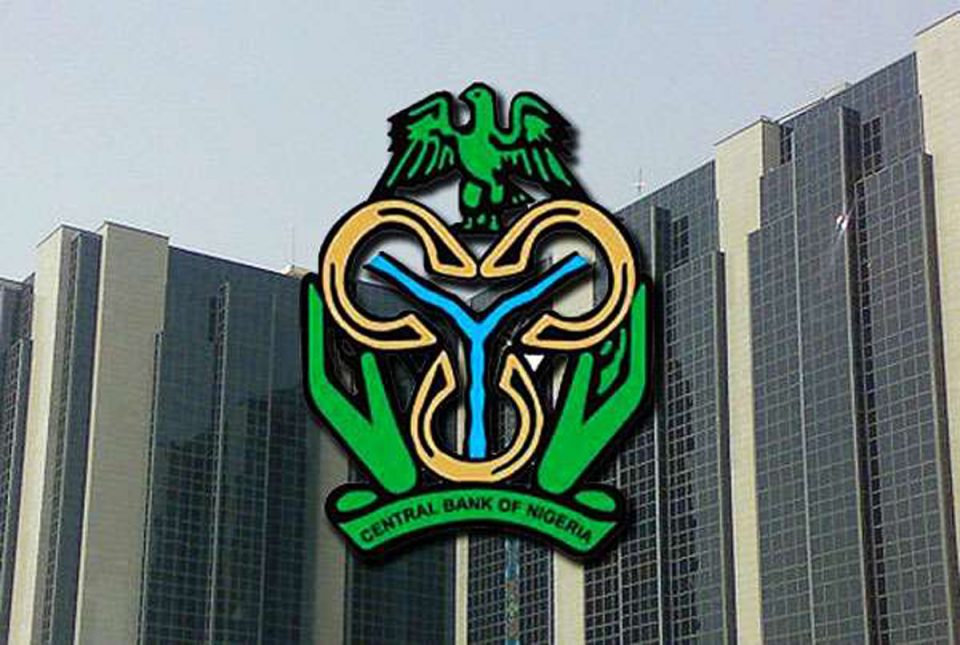The Central Bank of Nigeria (CBN) has lamented the N900billion or 2.27 per cent dropin total credit to the economy in August following the slump in credit to the government in the monthunder review. The apex bank stated this in its Depository Corporation Survey report for August posted on its website yesterday.
Giving the breakdown, CBN explained that credit to the domestic economy (net domestic credit or NDC) fell by 2.27 percent to N38.67 trillion in August from N39.57 trillion in July. It further attributed this to the N730 billion or 10.21 per cent decline in credit to the government, which fell to N8.55 trillion in August from N9.52 trillion in July. The decline in credit to the government was driven by a sharp fall in government borrowings through treasury bills (TBs) auctions, as total TBs held by investors dropped by N510 billion or 14.7 percent to N2.97 trillion in August from N3.48 trillion in July. The report also shows that credit to the private sector was relatively stagnant at N30.13 trillion at the end of August, slightly higher by 0.24 percent when compared with the N30.06 trillion in July.
According to the survey, Broad Money Supply (M3 money) rose by 1.62 per cent month-on-month (m-o-m) to N37.19 trillion in August 2020. This resulted from a 13.38 percent increase in Net Foreign Assets (NFA) to N8.66 trillion; however Net Domestic Asset (NDA) decreased m-o-m by 2.46 percent to N42.17 trillion.
The survey showed that the decline in NDA was chiefly driven by a 2.27 percent m-o-m moderation in Net Domestic Credit (NDC) to N38.67 trillion, accompanied by a 4.51 percent m-o-m decline in other assets net to N3.48 trillion in August 2020.
Further breakdown of the NDC showed a 10.21 percent m-o-m decline in Credit to the Government to N8.55 trillion; however, Credit to the Private sector rose marginally by 0.24 percent to N30.13 trillion.
On the liabilities side, the 1.62 percent m-o-m increase in M3 Money was driven by the 3.33 percent m-o-m increase in M2 Money to N34.22 trillion, but was partly offset by a 14.70 percent fall in treasury bills held by money holding sector to N2.97 trillion. The increase in M2 was propelled by a 4.62 percent rise in Narrow Money (M1) to N13.14 trillion (of which Demand Deposits increased by 6.02 percent to N11.64 trillion, however currency outside banks fell by 2.66 percent to N1.97 trillion), and a 2.54 percent increase in Quasi Money (near maturing short term financial instruments) to N21.08 trillion.




